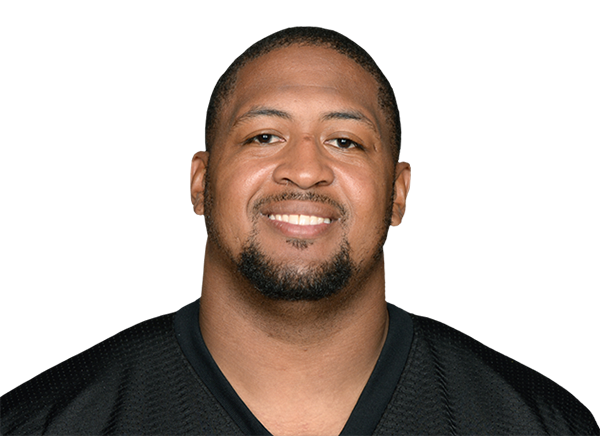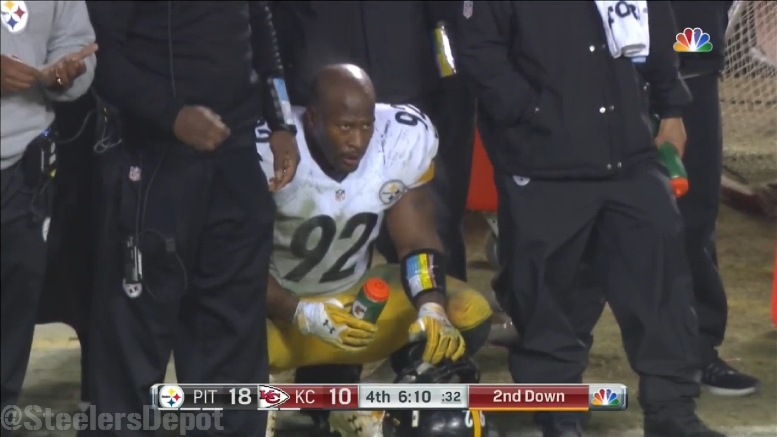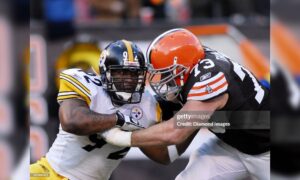Football is, in my opinion, the best sport in the world to be a part of. The majority of fans may think that the life of an NFL player is so simple, in that they play 16 games a year, and if they’re lucky, a playoff game or two before heading home to their lush mansions, expensive sports cars and super model wives.
However, the NFL is a lifestyle for these players, one that is year-round, and not the September through February one that is displayed on your HD television. Whether it’s proper nutrition, training regimens or routines to let the body heal, such as James Harrison’s acupuncture methods, it is far from your normal 9-5 job.
The NFL is a right, not a privilege, as we’ve seen players recently abuse this such as Aaron Hernandez, Greg Hardy or Ray Rice. Today’s players often collect game checks that in one week, are far in excess of one year’s salary for the average American. But what happens after football? Because the average shelf life of an NFL player isn’t very long.
This is where a player’s degree comes into play and knowing how to use it. Some players make the leap to the pros after their junior years of college, leaving all their hard work in the classroom hanging in the balance in hopes of an NFL paycheck.
“As a football player, you can only play for a certain amount of time,” Steelers’ guard Ramon Foster said, according to Teresa Varley of Steelers.com. “You have to plan for after football. There are only a select few guys who don’t have to work after football. You have to see things down the line as far as having a second career and this is a good thing to do.”
That thing he’s referring to is the four-day boot camp that he’s currently attending, running through tomorrow at the campus of Bowling Green University. He and 16 other players, some past, some present, will be looking to utilize the program to the fullest, as there are many avenues available to players, such as sideline reporter jobs, that wouldn’t normally be available to the average Joe.
The NFL Sports Journalism and Communication boot camp, it’s one of the many programs offered by NFL Player Engagement that gears towards the life of player’s after their playing days are over. This particular program focuses on writing and language skills in regards to press conferences, radio and overall ethics in sports journalism, or basically the dos and don’ts.
“This boot camp provides players an opportunity to network and gain the tools to be successful in sports journalism & communications,” Charles Way, NFL Vice President of NFL Player Engagement, said, according to Varley. “Sports journalism also presents an excellent opportunity for players to stay connected with the sport they played by giving fans an inside look at the game they love.”
This is the route taken by many of our favorite ex-players like Daryl Johnston, Tony Siragusa, Troy Aikman, Michael Irvin, etc. The bottom line is their love and affinity for the game of football allowed them to put their talents on a pedestal for the world to see, and now that same passion has carried over to their career in their post-playing days, all while allowing them to still be heavily involved in the sport.
Foster who will be a seven-year veteran this upcoming season, knows his career won’t last forever, which is why he plans on using not only this program but similar ones in the future to his advantage.
“As a football player we have a lot of platforms available to us, he said, according to Varley. “The information is there for the guys, but guys have to be willing to do it. There are only a select amount of guys who don’t have to work after football and you have to realize that and take advantage of what they give you.”






